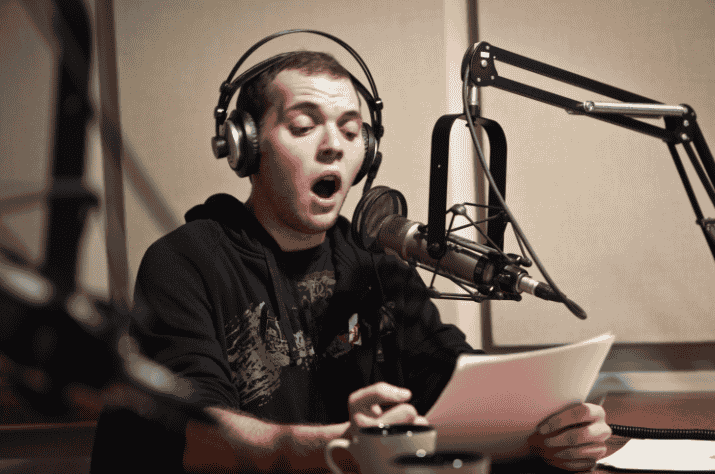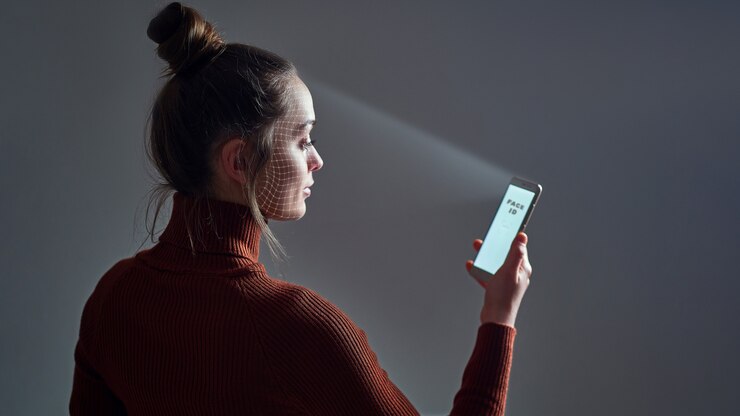The world of voice acting has never stood still, but in recent years, technology has transformed the craft in ways once unimaginable. Today, voice over artists London and elsewhere find their work redefined by digital tools, global connectivity, and evolving client expectations. This shift is not only changing how recordings are made but also what it means to succeed in this creative profession.
From Studio Walls to Home Setups
Traditionally, voice over work was closely tied to professional studios. Expensive equipment, sound engineers, and controlled environments were necessary to produce high-quality recordings. Technology has lowered these barriers. Affordable yet advanced microphones, editing software, and soundproofing materials have made it possible for artists to set up professional spaces in their own homes.
This flexibility allows performers to work remotely with clients around the world. Instead of being limited by geography, talent can now compete in a global marketplace. For many, this shift has created new career paths and greater independence.
Precision Through Digital Editing
Another major advancement is the precision offered by modern editing tools. Digital software can seamlessly remove background noise, balance audio levels, and fine-tune performances. Tasks that once required hours of studio time can now be completed on a laptop.
This efficiency allows artists to deliver projects faster without sacrificing quality. For clients, it means quick turnarounds and recordings that meet professional standards even under tight deadlines. It also allows for creative experimentation, as performers can record multiple variations of a line, edit them together, and present polished options.
Artificial Intelligence and Synthetics
A significant talking point in the industry is artificial intelligence. Synthetic voices are becoming increasingly realistic, raising questions about the future of human voice actors. While AI tools may take over some straightforward narration tasks, they cannot yet replace the emotional depth, personality, and nuance brought by skilled performers.
Rather than viewing AI as competition, many artists are exploring ways to use these tools to complement their work. For example, technology can assist in script timing, provide quick drafts for client approval, or generate background audio that enhances a final recording.
Opportunities for Voice Over Artists in London
London remains one of the world’s creative hubs, with a thriving market for voice over work across advertising, film, radio, gaming, and online content. The city’s rich media landscape means there is still high demand for local talent. Technology enhances this by enabling artists to connect with producers, agencies, and clients not only within the city but globally.
For performers based in London, the mix of traditional opportunities and modern flexibility is particularly strong. They may still step into a professional studio for high-budget projects while also managing international assignments from a home booth. This balance of heritage and innovation makes the location especially dynamic.
Expanding Creative Possibilities
Technology has also expanded the creative scope of voice work. Artists can now collaborate with directors in real time via digital platforms, no matter where they are located. File sharing tools allow seamless exchange of scripts, demos, and final recordings. High-speed internet ensures smooth communication, which fosters stronger working relationships despite physical distance.
Additionally, new formats such as podcasts, streaming series, and immersive games have increased demand for voice performances. Many of these genres exist purely because of technological progress, creating fresh opportunities for both established actors and newcomers.
The Human Touch in a Digital World
Despite these innovations, the essence of voice over work remains unchanged: connecting with listeners through the power of the spoken word. Technology may provide the tools, but it cannot replicate the warmth, empathy, or personality of a human voice.
Voice artists continue to rely on their training, creativity, and emotional range to bring scripts to life. Technology enhances their capabilities but does not diminish the importance of authenticity. In fact, as synthetic voices become more common, the value of a human performance that feels genuine may grow even stronger.
Looking Ahead
The work of voice over artists is being reshaped, not replaced. London performers and their global peers stand at a moment where traditional artistry meets digital innovation. Embracing new tools while holding on to the core skills of performance ensures the profession remains relevant and respected.
For artists, the future is one of adaptability. The ability to combine technical knowledge with vocal craft will define success in the years to come. As technology continues to evolve, so too will the opportunities available to those ready to embrace change while staying true to their voice.





